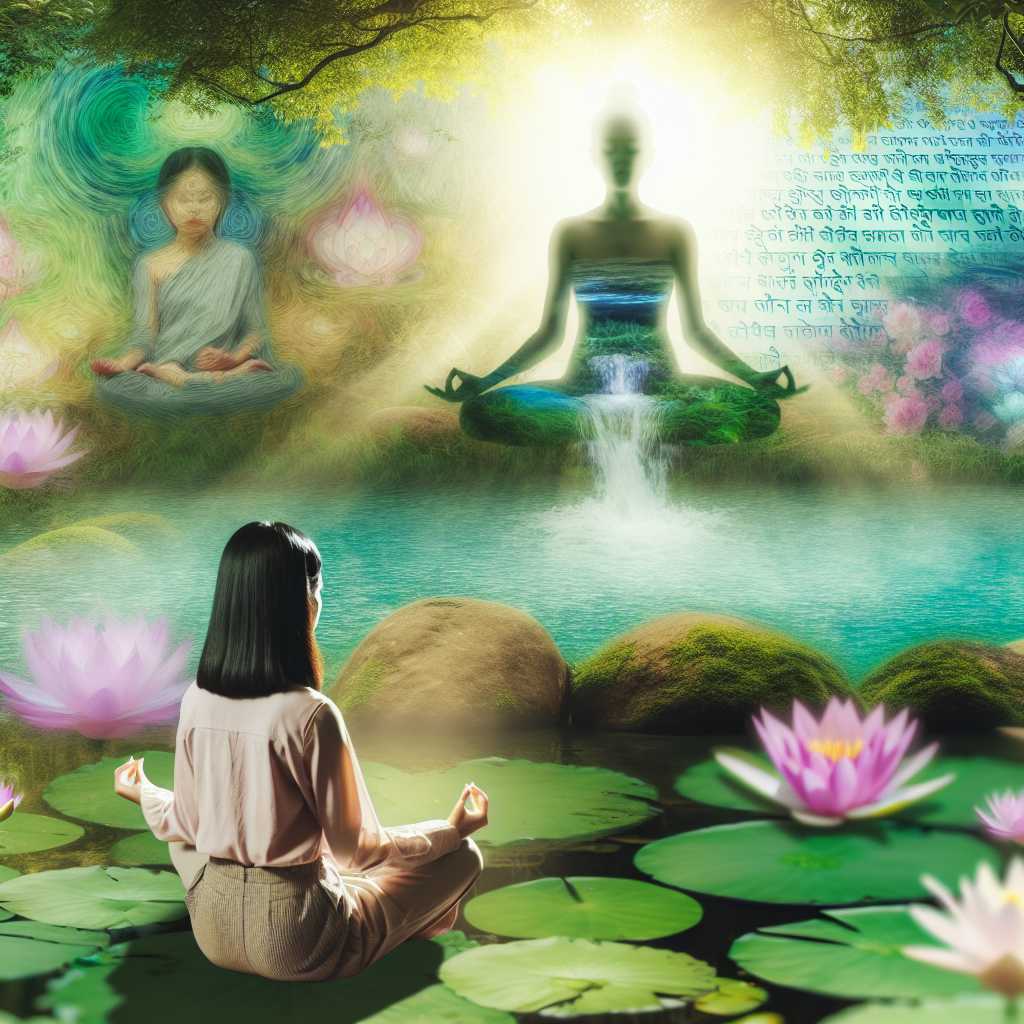In a world that’s constantly on the move, the importance of finding a moment of stillness is more crucial than ever. Meditation, an ancient practice rooted deeply in spiritual and philosophical traditions, offers a gateway to achieving inner peace, clarity, and emotional balance.
A Brief History of Meditation
Meditation has been practiced for thousands of years, with early evidence dating back to Hindu traditions in India around 1500 BCE. It soon became integral to Buddhism and other eastern traditions as a means to achieve enlightenment. By the 20th century, meditation had spread to the Western world, particularly during the counterculture movement of the 1960s, leading to its integration into modern wellness practices today.
Understanding the Practice
At its core, meditation involves focusing the mind and eliminating distractions to achieve a mentally clear and emotionally calm state. There are numerous styles of meditation, each with its own unique focus and method. Some popular forms include:
- Mindfulness Meditation: Pays attention to thoughts as they pass through the mind, focusing on the present moment without judgment.
- Transcendental Meditation: Involves repeating a mantra silently to settle the body into a state of profound rest.
- Guided Meditation: Led by a guide or teacher who takes you through a visualization or imaginary journey.
Benefits of Meditation
Regular meditation practice offers a multitude of physical, emotional, and psychological benefits:
- Reduces Stress and Anxiety: Meditation helps decrease levels of cortisol, the stress hormone, thereby reducing stress and anxiety.
- Promotes Emotional Health: Enhances self-awareness and fosters a positive outlook on life.
- Improves Concentration and Attention: Regular practice leads to significant improvements in attention span and mental focus.
- Encourages Healthy Lifestyle Habits: By promoting a state of mindfulness, meditation can help make better choices related to health and lifestyle.
Starting Your Own Practice
If you’re new to meditation, start with short sessions of 5-10 minutes daily and gradually increase the duration as you become more comfortable. Here are some tips to begin:
- Find a Quiet Place: Choose a quiet spot where you won’t be disturbed.
- Set a Routine: Dedicate a specific time of day for your meditation practice.
- Focus on Breathing: Pay attention to your breath as it flows in and out.
- Be Patient and Persistent: Meditation benefits come with regular practice, so stick with it even if the mind is restless at first.
Embracing mediation as a regular practice can lead to profound changes in your life. As the ancient philosophies suggest, the journey inward is a rewarding one, guiding you toward tranquility and self-awareness, regardless of the external chaos around you.

